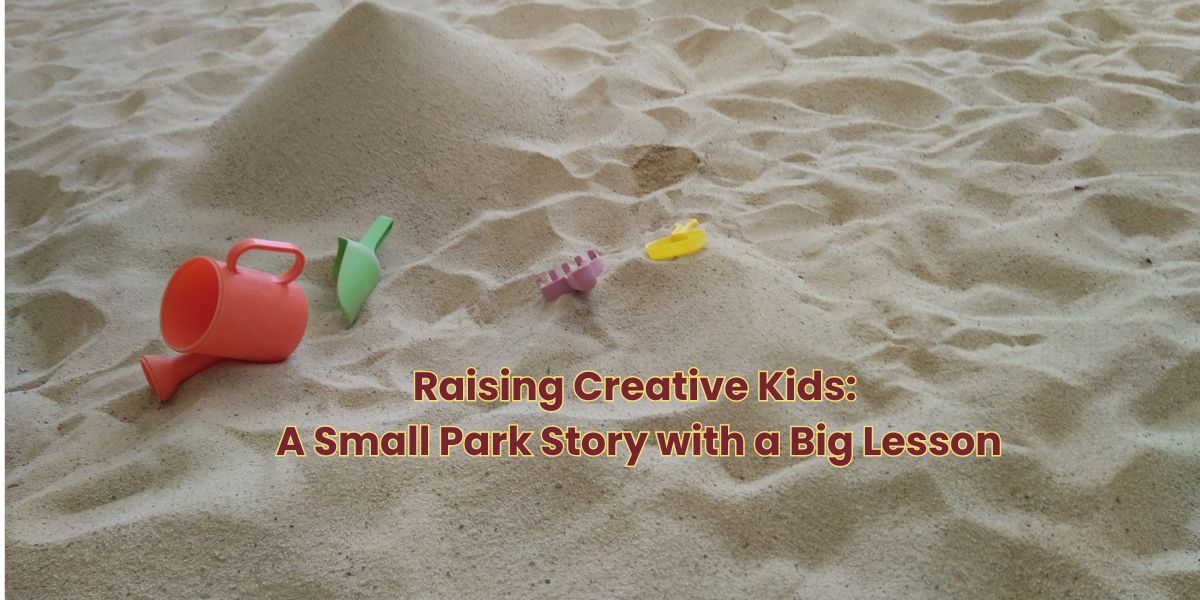
Power of Reading Aloud: Nurturing Language, Connection, and Growth
Power of Reading Aloud: Nurturing Language, Connection, and Growth
A seed that’s well cared for becomes a sapling, and with proper attention, the sapling grows into a strong tree—deeply rooted, tall, and fruitful. Similarly, the early years of a child’s life are critical for their development, and how we nurture them during this time matters the most.
One simple yet powerful way to nurture your child’s language and communication skills is by reading aloud to them.
In today’s fast-paced world, time is precious. The little time we spend with our children should be spent wisely. Reading aloud is a wonderful way to invest this time. It not only fosters language development and emotional support but also strengthens the bond between you and your child. Let’s explore why this activity is such a powerful tool.
The Magic of Reading Aloud
Reading aloud is like feeding your child’s mind with rich, nutritious food. It’s simple: grab a storybook, sit with your child, and let them listen to the rhythm of your voice as you read. Whether your child is curled up on your lap or lying next to you, this activity works wonders for their emotional and intellectual growth.
Here are some incredible benefits of reading aloud to your child:
Develops Print Awareness
Through reading, children begin to understand how books work—the text flows from left to right, words form sentences and sentences create stories. They also become familiar with commonly used words, often referred to as sight words or tricky words. This awareness is an essential step toward independent reading.
Expands Vocabulary
Reading aloud introduces your child to new words in meaningful contexts. They not only learn how to pronounce these words but also understand the situations in which they are used. By hearing words naturally woven into sentences, children effortlessly grasp their meanings. This exposure to a rich vocabulary forms the foundation for strong reading, writing, and speaking skills.
Improves Grammar and Sentence Structure
As children listen to stories, they absorb the flow of language—how sentences are structured, how verbs change with tenses, and how singular and plural forms work. Over time, this exposure helps them construct grammatically correct sentences with ease.
Encourages a Love for Books
When you read to your child, you create a positive association with books, making reading a cherished activity shared between you. This emotional connection helps your child value books as a special part of their life, paving the way for lifelong learning. Initially, books act as a tunnel connecting you and your child, fostering closeness and understanding. Over time, this tunnel becomes a gateway to endless exploration, as your child learns to navigate the world and its wonders through the joy of reading.
Builds a Sense of Safety and Security
Sharing a book sends a subtle yet powerful message: You matter to me. This simple act fosters a sense of connection and belonging, making children feel valued, safe, and loved. It also reassures them that they are worthy of your time and attention. Over time, these moments create lasting memories and lay the foundation for a lifelong love of learning and reading.
The Flipside of Reading Aloud
While reading aloud offers numerous benefits, helping your child transition to independent reading is equally important. Encouraging them to read on their own builds confidence in their abilities. Stay tuned for our next blog, where we’ll explore strategies to make this transition smooth and enjoyable.
In Conclusion
Reading aloud is not just an activity; it is a wonderful gift you give to your child—a gift of language, imagination, and connection. So, pick up a storybook today and experience the magic of reading aloud with your little one. It’s a small effort with lifelong rewards.




Nice writeup!
Thank you